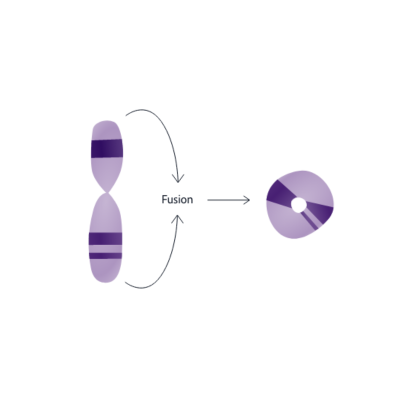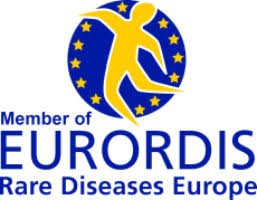On this page:

Why does a ring chromosome 20 form and what causes the symptoms experienced?
The simple answer...
We know that a ring chromosome can form on any chromosome and they often happen by accident before birth, but we don’t know why a ring chromosome 20 causes the symptoms many people with an r(20) diagnosis experience.
What can be done to change this?
We need more research into the complex biology of ring chromosome 20 by scientists to see if they can try to answer this question.
Some genetic research has been undertaken to try to grow ring Chromosomes in cell culture – specifically in r(20), (14) and r(17). What has been found is that ring Chromosomes are particularly unstable compared to linear Chromosomes and do not do well in the lab. More advanced techniques are needed to overcome this problem if we are to learn more about ring Chromosomes to try to find the underlying biological cause(s) for symptoms. Only then can we begin to consider new treatments targeted to help people with r(20).








